
Director
The short animated film brings to life a real story of the hidden family of Eva Benešová (born 1940) during the 2nd WW in former Czechoslovakia.

babička
Eleven years old Jacob does not know his Father. His picture is portrayed and idealized by his Mother and his own phantasy. Jacob is an uncontrollable and slightly asocial guy, who is lacking a male role model. He grows up among females- Mother, stepsister Pauline and Grandmother. Grandmother arrives to their small panel block building apartment at beginning of the Story. Jacob's resentment (a runaway escape through foggy neighborhood of concrete block buildings) is his way to finding out what' going on. It is his first disappointment, but also a first step of growing up. tease him. Mother has her hands full with the household and barely makes it. She does not have time to care about her children 's feelings. Money is tight. Among his schoolmates Jacob is considered poor and that bothers him as well.

Pavla

Čihanová matka
Based on real event, Bolero is an excellent story of progressive recovery of a crime. The story surprises all the time, shows new connections, new possibilities, exposes new ideas and facts. It's possible to understand the film on more levels. It describes the position and all the feelings of victim's family, the police work as well as the impact of the crime on it's malefactors. It also touches the topic of moral decay of the descendants of rich, high-posted families. In addition to this, the power of the storyline is accentuated by the quality of the artistic treatment of the whole piece.

Doktorka

Lída Mrázková zvaná Mila
Life in communist Czechoslovakia in the early 1950s and the punishments for going against the state.

Márinka
A narration of episodes from the life of the famous Czech poet, Karel Hynek Mácha. Throughout the film, we witness a deep analysis of Mácha's complex character (his relation to another Czech writer of the time Josef Kajetán Tyl, his unbearable jealousy, his solitude, his attitude to nature,etc.) on the well-depicted historical background with all its particularities.
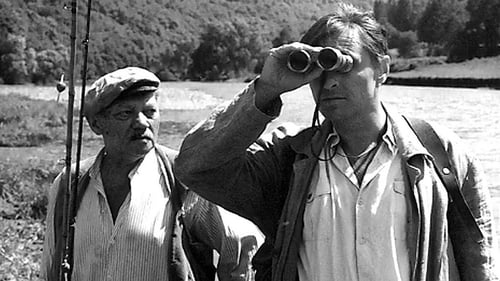
matka
Leo Popper is a happy family man living in rural Bohemia in the years preceding the Nazi invasion. Out of economic necessity he moves with his family to the big city and becomes an enterprising vacuum cleaner salesman. There he embarks on a series of adulterous adventures, has encounters with boxing pros and famous portrait artists, and schemes to purchase the perfect pond to fulfill his passion for fishing. When the Nazis gain control, the comedy turns sour - he loses his lake, his job, and finally, his family.
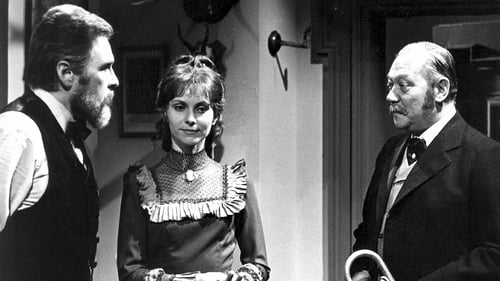
Berta Zítková
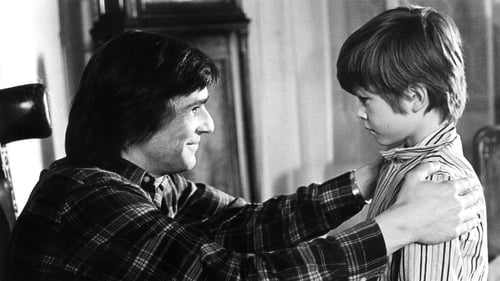
Julka

Lucie Rýdlová (voice)
Lucie Rýdlová is found dead at a destroyed car after a night accident. The seat position shows that she cannot have been driving, and the dissection proves that she had died about four hours after the accident. It is for sure that a timely medical assistance could have saved her life. A pretty young tennis player Lucie lived at her grandmother, because her parents had been working abroad. Criminalists found out that the girl was going out with the interpreter Valenta (Eduard Cupák), who was twenty years older than her, divorced and a bit egoistic man.

Eva (voice)

Wood Sprite
Three arias from Antonín Dvořák´s fairytale opera Rusalka turned in to a movie, sung by Gabriela Beňačková (Rusalka), Libuše Márová (Witch), René Tuček (Hunter).

Tereza
The story of 1947, when Bender's band, after a beating of the Nazis, tried to fight their way through Czechoslovakia to Austria. They come out of the forest to occupy the family's rural estate, kidnap doctors to help heal one of their wounded.

Marie
The sore and tender hearts of a young couple with a toddler are explored in this drama. The little girl, four years old, is not aware that she is doing anything distressing while she ambles about the house on the day after a post-examination celebration by her father, a university student. Even though hung over, he tries hard to be patient with her. The beginning of the story follows her on her little adventures. The girl comes down with a fever, which kills her before anything can be done, and the student and his photographer wife mourn and comfort one another. Little encounters with children cause the mother pain she is seldom free of, until she gives birth to their next child, a son.

Ľudka Rybanská
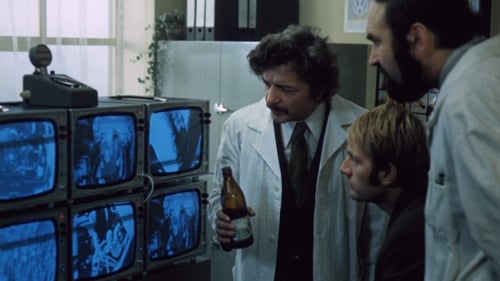
prodavačka Blanka
A sincere provincial young man, Frantisek Koudelka leaves to work in Prague. For the trip he buys a computer made horoscope with biorhythms charts, marked according to his date of birth, there are trappy, precarious, unsuccessful and even critical days and few successful days. The clumsy luckless person Frantisek has finally a guidance for his life.

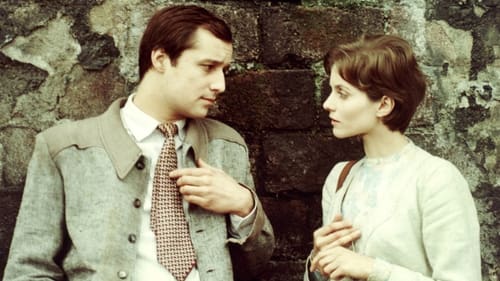
Helena Poláková
It is the summer of 1945. A party of young people are enjoying the beginning of a new life to the full. For them this is the year one. One of them, law student Pavel, is more attracted to film than to law. With his eight-millimeter camera, he films everything that catches his attention. One day he captures an interesting face on film, a girl with an air of mystery. Pavel visits the girl, whose name is Helena, and meets hers and her elder energetic sister Olga. From Olga, he learns that the girls have spent the years of German occupation in a concentration camp and cannot forget the horrors they have lived through.


Zdena
The female employees of the poultry-processing factory find relief from their monotonous work in chatting about weddings and marriages. The very young Zdena (Marta Vancurová), too, dreams about a white veil and an entourage of bridesmaids. On her return home from work, she runs into a peculiar man on an abandoned road who pertinaciously offers to read her palm for a few crowns to buy soup. His augury is rather usual - wealth and poverty, suffering and happiness. Then however, he declares that Zdena must marry exactly on 3 November of that year otherwise she will be unhappy.












